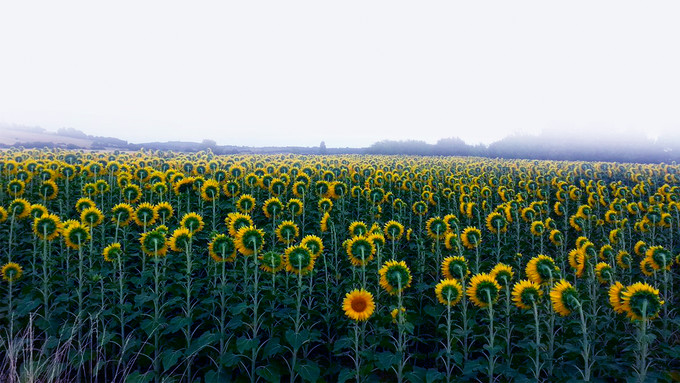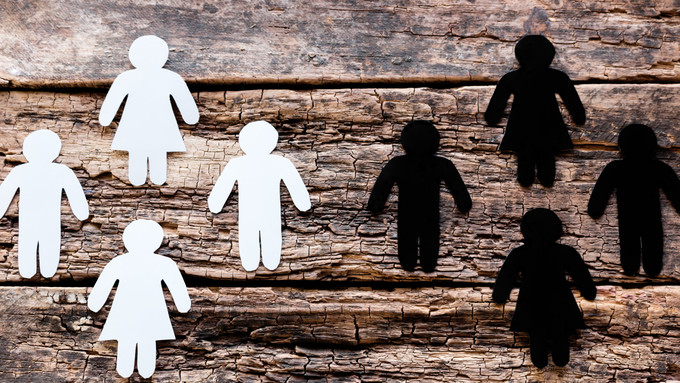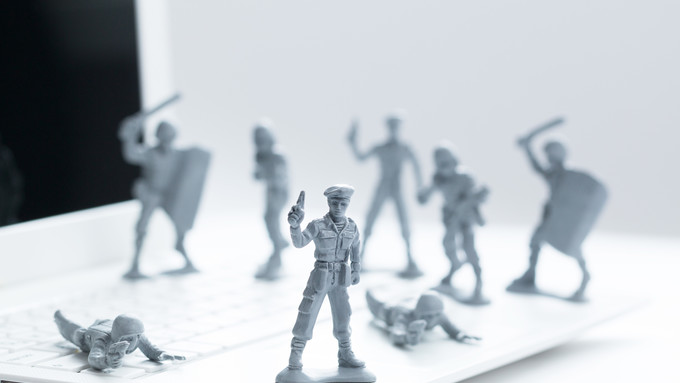Our Children: Hope, Fear, & the Future
The face of a young girl behind a microphone, a pink hijab gracing her head, stared at me from the photo on the presentation screen. I was at a leadership training for work, and immediately tried to keep a poker face as I quickly took stock of the Power Point slide we were being shown. As the only Muslim in the room and probably the only muhajaba with whom people in the room had ever spoken, I was relieved when I realized this reference was a positive one. The photo was that of Malala Yousafzai, the young Pakistani student and education activist who even the Taliban's bullets couldn't stop. She was on a slide entitled "Leadership styles." There were photos of a few other internationally-renowned leaders on the slide, incuding Nelson Mandela. This presentation was delivered a few weeks before Malala recently became the youngest person (at 17 years old) ever to recieve a Nobel Peace Prize.
When the presenter (who was not Muslim, speaking to an almost exclusively non-Muslim audience) started speaking about Malala, he was full of glowing praise. He told us that he had an 11-year old daughter and he was so glad to have Malala's example among the "yahoos like Miley Cyrus" that he could teach his daughter about. In that moment, the first ever where I've heard a positive reference to a Muslim in a work setting—I came to fully appreciate what I'd read about many times regarding minority children, that it profoundly affects children to have or not have role models that look like them. Having spent my childhood in the Northeast in the pre-9/11 era, I often wonder how things have changed for American Muslim kids who have grown up only knowing a world in which people shouting Allahu Akbar have terrorized and killed people in their country, where they are a religious minority. I don't know what that is like, and I believe we are still learning about the effects of such a childhood as many of those kids are now college students.
Both Muslim women and men have their own stereotypes to face when they go out into the world, but women who are muhajabas, particularly professionals whose daily life includes a large amount of time outside their homes, face a unique challenge in that we are immediately and unquestionably identifiable to complete strangers as being a member of the faith community that they're always learning has blown up something else or killed more people. Women or men, hijab or beard or not, "ethnic" looks or "unique" name or not, I had always assumed the coming generations of American Muslims would have it harder than those of us who grew up before the world was changed by the criminals that perpetrated the tragedy of 9/11 and its aftermath. Perhaps it's time to challenge that assumption. Given that there will always be parts of our country where it is difficult to be anything other than a person who fits a certain physical 'mold,' the diversity of our nation is on the rise on many levels and in more areas than ever before. Eid is now on many public school calendars, while mosques, halal meat, and Muslims themselves are easier to find in many parts of our country than ever before. My daughter's non-Muslim playmates have gifted her a Ramadan children's book and mujahaba doll available at a major American retail chain. And now we have Malala Yousafzai given official world-renown recognition of her valiant efforts that include standing up to terrorists.
Experiencing Malala's example being touted so effusively and positively in a professional setting was one I won't forget. It gives me the hope that there will be more people like her for my daughter to learn about and admire as she grows up. Perhaps the future will have an umma that unlike the one today, is more like the umma our beloved Prophet, may Allah bless him and his family, deserves.
Activism Related Articles



Why We Must Recapture Scholarly Discourse from Extreme Bloggers
One cannot deny the move towards rhetoric and practice in the Western Muslim community that is more liberal, reformist, and progressive, but the extreme position some have taken in response to it is not only harmful, ineffective, and unwise, but decidedly un-Islamic.